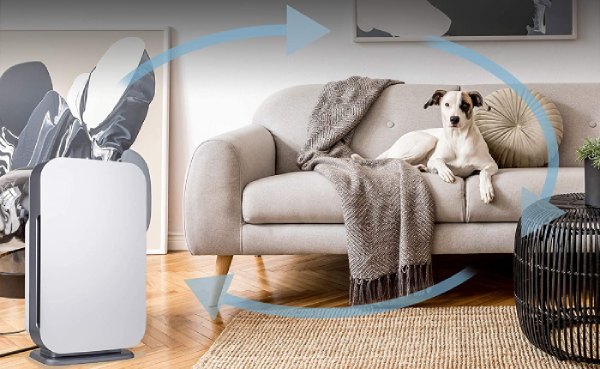HEPA filters are made from a dense network of microscopic fibers that trap particles as they pass through the filter. The filters are rated based on their ability to remove particles of different sizes. For example, a filter with a rating of HEPA-13 is able to capture 99.95% of particles that are 0.3 microns in size, while a filter with a rating of HEPA-14 is able to capture 99.995% of particles that are 0.3 microns in size.

Adult Hepa is a term that refers to a specific type of HEPA filter that is designed for use in adult respiratory equipment. These filters are used in devices like CPAP machines, which are used to treat sleep apnea and other respiratory conditions. Adult Hepa filters are made from materials that are safe for use in breathing equipment and are designed to remove particles that can cause respiratory problems or aggravate existing respiratory conditions.
In addition to their use in respiratory equipment, HEPA filters are also used in a variety of other settings. They are commonly used in air purifiers, which are designed to remove pollutants from indoor air. HEPA filters are also used in vacuum cleaners, where they capture dust and other particles that can cause allergies or respiratory problems.
Overall, HEPA filters are an important tool for maintaining clean air and reducing the spread of airborne contaminants. Whether used in medical settings, homes, or public spaces, these filters play a critical role in protecting the health of those who use them. As technology continues to advance, it is likely that HEPA filters will become even more effective at removing pollutants and other airborne contaminants.